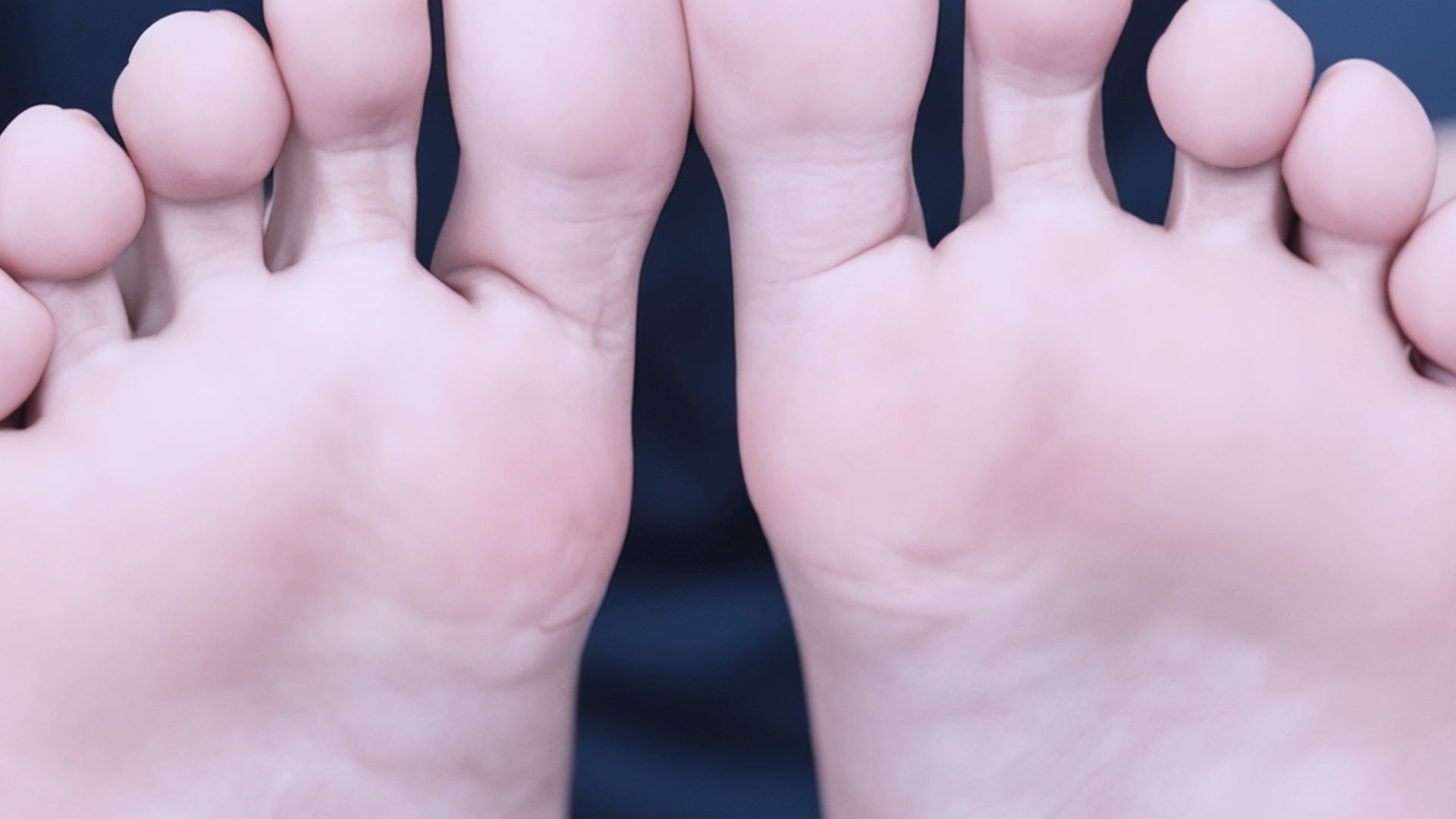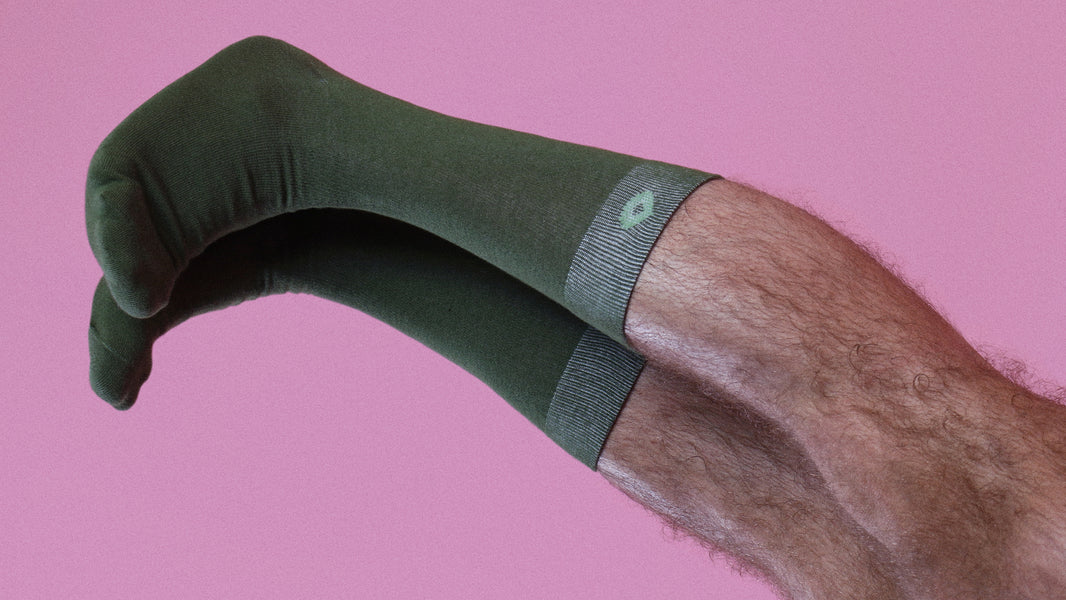In the world of socks, the choice of material is crucial to comfort, durability, and overall performance. From classic cotton to luxurious merino wool, each sock material offers unique benefits and characteristics. In this guide, we'll explore the different types of materials used in sock construction, delve into the benefits of each, and help you discover which is best suited to your needs and preferences.
Cotton
Cotton is one of the most common materials used in sock manufacturing due to its softness, breathability, and affordability. Cotton socks are lightweight, comfortable, and ideal for everyday wear. They absorb moisture well, making them suitable for warmer climates or individuals prone to sweating. However, cotton socks may lack the insulation and durability of other materials, and they can shrink or lose shape after repeated washing.
Wool socks are prized for their warmth, moisture-wicking properties, and natural odour resistance. Wool is an excellent insulator, making it ideal for cold weather or outdoor activities. Merino wool, in particular, is renowned for its softness and fine fibres, making it less prone to itchiness compared to traditional wool. Wool socks are durable, long-lasting, and retain their shape well over time. They also have the ability to regulate temperature, keeping your feet warm in winter and cool in summer.
Bamboo socks are gaining popularity for their softness, moisture-wicking abilities, and eco-friendly properties. Bamboo fibers are naturally antibacterial and hypoallergenic, making them suitable for sensitive skin. Bamboo socks are exceptionally soft and silky to the touch, offering luxurious comfort and breathability. They also have excellent moisture absorption properties, keeping your feet dry and odour-free throughout the day.
Polyester socks are known for their durability, moisture-wicking capabilities, and quick-drying properties. Polyester is a synthetic material that is lightweight, strong, and resistant to wrinkles and shrinking. Polyester socks are often blended with other materials such as cotton or wool to enhance performance and durability. They are ideal for athletic activities or individuals with active lifestyles who require socks that can withstand intense wear and tear.
Nylon is a synthetic material commonly used in sock construction for its strength, elasticity, and abrasion resistance. Nylon socks are durable, resilient, and stretchy, making them ideal for everyday wear or high-impact activities. Nylon socks provide excellent shape retention and are less prone to pilling or snagging compared to other materials. They are often blended with other fibres to improve fit and comfort.
The choice of sock material plays a significant role in determining comfort, performance, and durability. Whether you prefer the softness of cotton, the warmth of wool, or the moisture-wicking properties of bamboo, there's a sock material suited to your needs and preferences. Consider the characteristics of each material and choose socks that will keep your feet comfortable and supported throughout the day. We opted for a blend to give you the benefits of the best materials - our socks are made from Cotton (80%), Polyamide (15%) and Elastane (5%).





